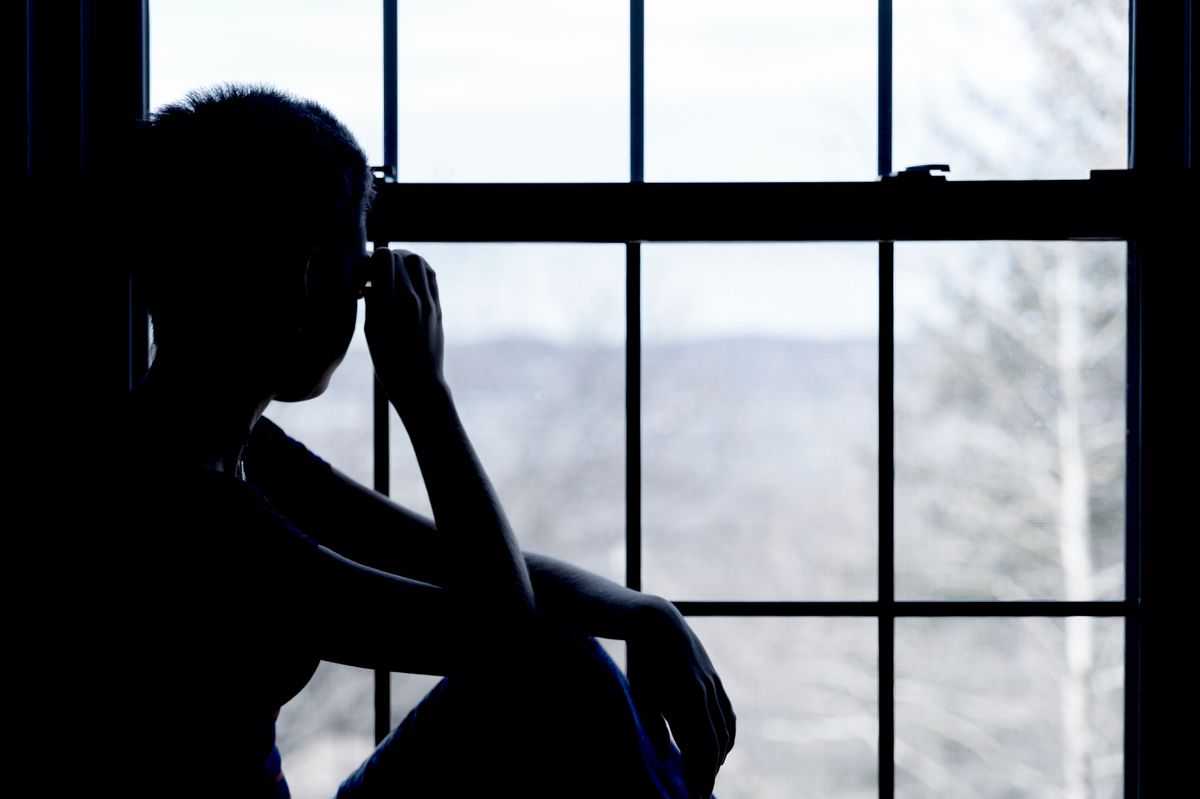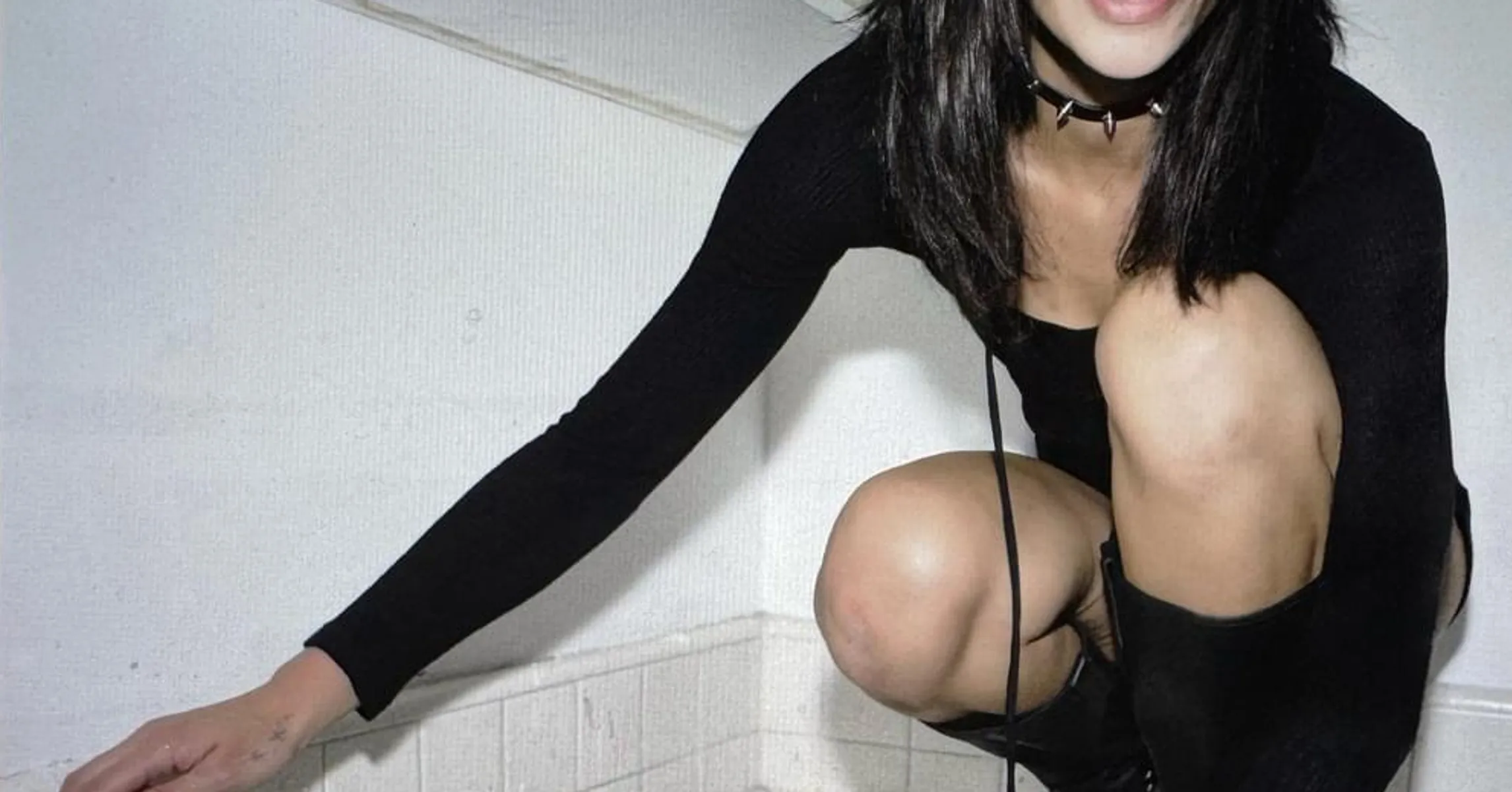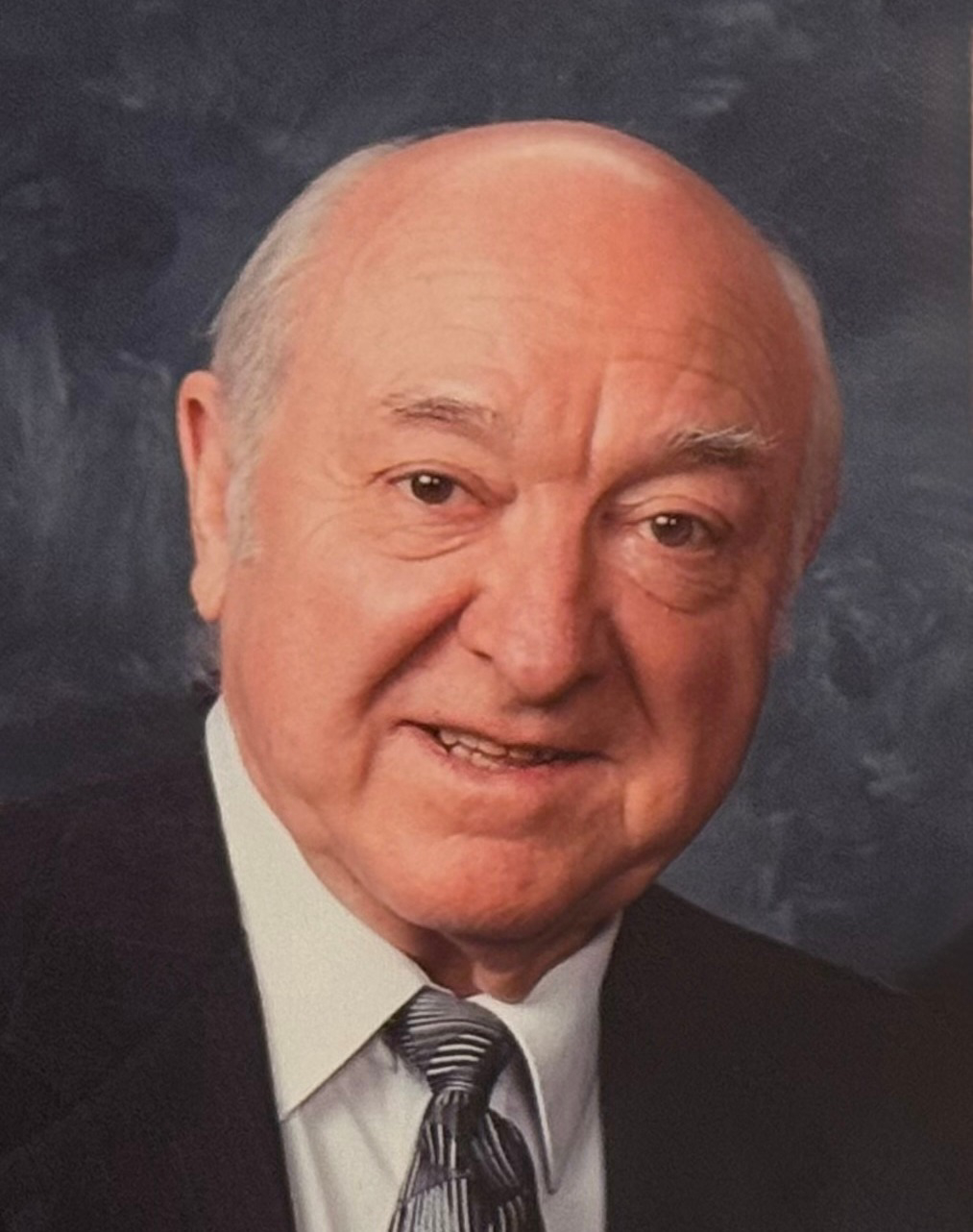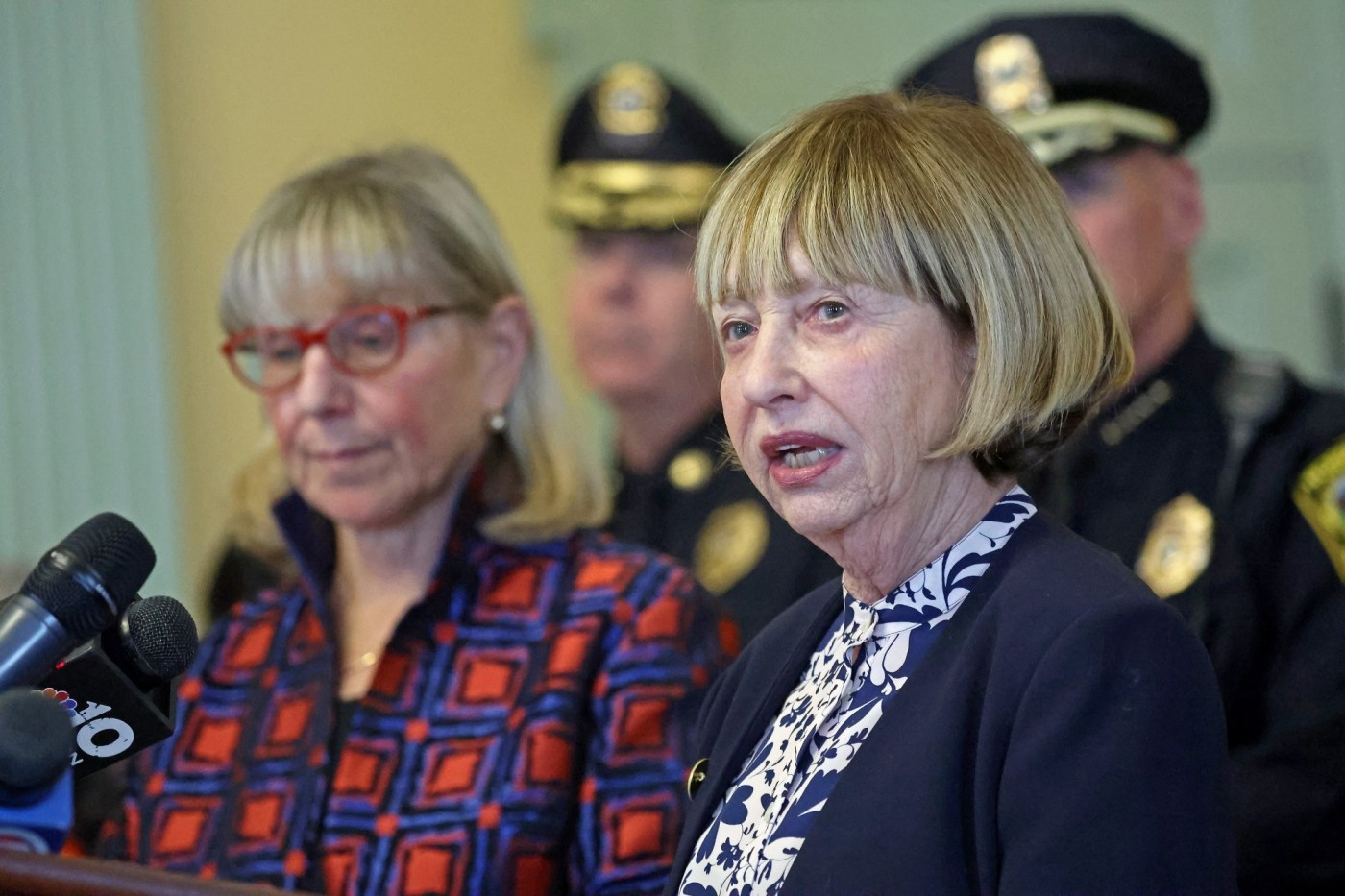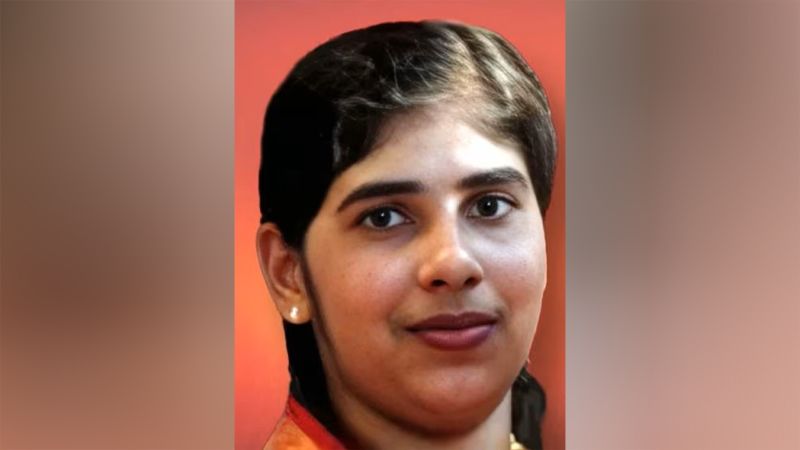
Relatives of Indian nurse Nimisha Priya, facing execution in war-torn Yemen, are urgently seeking to commute her death sentence ahead of a planned execution on Wednesday. Priya was sentenced to death in 2020 for the murder of her former business partner, a Yemeni national, whose body was discovered in a water tank in 2017. The case has captivated media attention in India, prompting significant public and governmental responses.
Amid the ongoing conflict in Yemen, Priya’s family has struggled to secure her release, complicated by the lack of formal diplomatic relations between New Delhi and the Houthi rebels, who control the capital, Sanaa. The situation has escalated, with human rights organizations urging the Houthis to halt the execution. Amnesty International issued a statement on Monday, calling for an immediate moratorium on all executions and the commuting of Priya’s sentence, emphasizing that “the death penalty is the ultimate cruel, inhuman and degrading punishment.”
According to Samuel Joseph, a social worker aiding Priya’s family, there is a possibility for clemency if the victim’s family pardons her and accepts a financial compensation known as “diyah” or blood money. “I am optimistic,” Joseph stated, underscoring the efforts being made in Yemen to advocate for Priya. He noted that the Indian government is directly involved, although details remain scarce.
Priya’s legal troubles began when she allegedly administered a fatal overdose of sedatives to her business partner. Her family insists that she acted in self-defense against an abusive partner who had restricted her freedom during the civil unrest. The trial, conducted in Arabic, reportedly lacked a translator, raising concerns about the fairness of the proceedings.
Activists and lawyers formed the Save Nimisha Priya Action Council in 2020 to advocate for her release and negotiate with the victim’s family. Rafeek Ravuthar, an activist within the council, highlighted the difficulties they face, stating, “The reality is that there is no Indian embassy, there is no mission in this country.” So far, the council has raised approximately 5 million rupees (nearly $58,000) to support her legal battle.
Political leaders from Kerala, Priya’s home state, have also sought intervention from Indian Prime Minister Narendra Modi. Chief Minister Pinarayi Vijayan wrote to Modi, urging him to consider the case with sympathy. “I appeal to the Hon’ble Prime Minister to take up the matter,” Vijayan stated.
In a recent address, Kirti Vardhan Singh, India’s Minister of State for External Affairs, affirmed that the government prioritizes the welfare of its citizens abroad and is providing all possible support. He emphasized that discussions regarding Priya’s release would need to occur between the families involved.
Priya first arrived in Yemen in 2008, joining a significant number of individuals from Kerala seeking better economic opportunities in the Middle East. She worked as a nurse and eventually opened her own clinic in Sanaa, supported by her husband, Tomy Thomas. Despite the escalating conflict following the Houthi seizure of the capital in 2014 and the subsequent civil war, Priya chose to stay in Yemen to protect her business and family.
India’s lack of formal diplomatic relations with the Houthis presents additional challenges for those advocating for Priya’s release. All consular matters are now handled through the Indian Embassy in Djibouti, necessitating complex communication and legal navigation in a country still grappling with instability.
According to Amnesty International, Yemen ranked among the top five countries with the highest number of executions in 2024. The organization confirmed that the Houthis carried out at least one execution in territories under their control that year, although the precise number may be higher.
Priya’s mother, a domestic worker from Kerala who sold her home to fund her daughter’s legal fees, has spent over a year in Yemen to facilitate negotiations. Meanwhile, Priya’s husband and daughter remain in Kerala, holding onto hope for her release. “My wife is very good, she is very loving,” Thomas expressed. “That is the sole reason I am with her, supporting her and will do so till the end.”
The race against time continues as Priya’s family and advocates strive to secure her freedom before the impending execution date.
